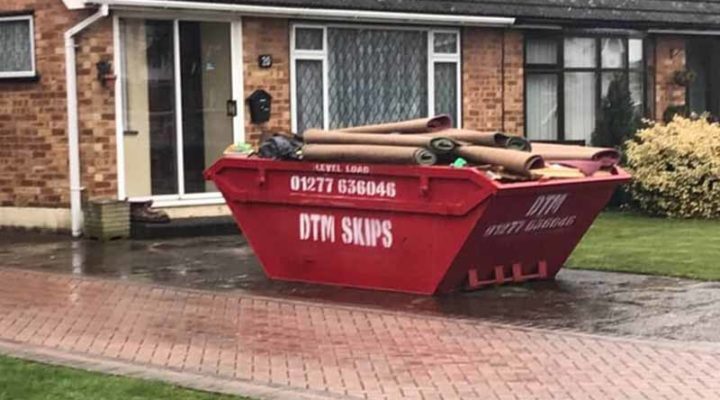
Skips play a big role in the construction industry as well as daily lives. They make it easier for you to get rid of your waste, but you have to know the available sizes and how they work to get the most out of them.
Different companies have different skip sizes that are suitable for different types of waste. Although they usually advice you on the most suitable size, knowing them would help you make a better selection when you’re hiring one. The Essex skips sizes range from 2 to 35. And you can pick one depending on the quantity of your waste and the location of the waste. The larger ones are usually used in large construction areas, but the smaller ones are more suitable for domestic use. In some cases, the medium-size ones are used in smaller projects like renovations around residential properties or in commercial sites where there are smaller construction jobs. Apart from the size, you should also know other factors tied to the use of skips.
Scope of the project
The larger the project, the bigger the skip should be. This will prevent you from having to make several trips. Instead of using smaller skips that you will have to empty several before you get rid of all the waste, you can use a bigger skip that carries the waste in one trip.
Amount of waste
This is another factor that is partly connected to the scope of the project. However, you may have a smaller project with a lot of waste or a bigger project with little waste. This is why you should consider both, get a skip that works perfectly for both factors.
Type of waste
There are several rules regarding the use of skips, and they are mostly on the kind of waste you can’t carry on them. Rubble, soil, domestic waste, metal, wood, and plastic are all allowed. However, you can’t carry items like batteries, paint, pesticides, brake fluid, or any other product that is considered to be hazardous. Electrical gadgets like home appliances, tyres, plasterboards, and gas cylinders are also prohibited. Companies like DTM Skips and Concrete will give you more information regarding the type of waste you can move with skips when you hire from them,
Location
Another essential factor to consider during skip hire is the location of your waste. The main problem is usually access. You need to be able to load the skip easily, which means that you need to make sure that there is no barrier between the skip and the waste.
Skip sizes in terms of bin bags
Various skip sizes include – Also known as a mini skip, a 2-yard skip will carry around 20 bin bags making it perfect for small domestic waste clearance. A 4-yard skip carries 40 bin bags while a 6-yard one will carry 60 bags. A 12-yard skip usually carries 120 bin bags while the 17- and 35-yard sizes are used for waste items that can be recycled like wood, metal, or plastic frames. The larger the skip, the more the weight and the more challenging it will be to move. This shouldn’t be a problem, especially when you hire any good skips company.
Leave a Reply